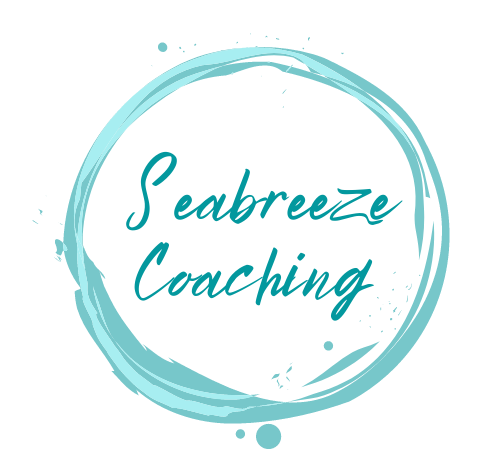In Japanese culture there is an art of using gold to put broken pottery pieces back together. It is called Kintsugi and is built on the idea that in embracing flaws and imperfections you can create an even stronger, more beautiful piece of art.
This really resonated with me as I reflected on a conversation I had recently about getting stronger as a result of learning from those moments that didn’t go as planned.
What holds you back in your career and life? Does perfectionism sneak in at all?
It can be the fear of failing or not feeling qualified enough or needing to feel everything is ‘perfect’ before you can make a decision or go for that job you’ve always wanted.
The idea of Kintsugi can be a metaphor for how you embrace your flaws and imperfections. How we embrace what makes us who we are, with the good, the bad and how are scars make us stronger.
By looking at our strengths we can shift our mindset to see opportunities to learn. Some of our most difficult and painful moments in life are also some of those that taught us something about our inner strength, reflection on how we might do things differently or lessons we’ve learnt as a consequence. The key is to keep learning and see those experiences as part of our journey in our life and work.
Here are four things to think about to embrace your imperfections:
- Embrace imperfection in yourself
“Let go of the who you think you’re supposed to be and embrace who are you.”
Brené Brown.
Knowing who you are, your values and what you stand for helps you be true to who you are. Masking to hide your whole self is not only exhausting it can create stress as you look to be a chameleon to ‘fit in’ rather than be your natural self.
2. Reflect on the language you use
Have you ever tried to remove the word ‘should’ from your vocabulary?
Using ‘should’ is a form of self-criticism and suggests that we don’t accept who we are and we’re telling ourselves off! How about replacing should with
Get to know your strengths, acknowledge those areas where you’d like to improve and look at how you can lean into your strengths while reframing your development needs. ie
3. Enjoy the journey
“Embrace being perfectly imperfect. Learn from your mistakes and forgive yourself, you’ll be happier.”
Roy T Bennett
Think about how can you learn from your mistakes? How can you shift your mindset to take ownership, responsibility and accept the learning?
4. Try saying ‘that’s ok’’
Clinical psychologist and author Dr Sophie Mort recommends tackling the negative self-talk, that voice in your head, when something hasn’t gone to plan. You might start to criticise yourself and look at what went wrong rather than all the things that went well. Try using the phase ‘that’s ok’. You might say, “Urgh there was a typo on my presentation – that’s ok.” Or “I’ve been awake since 5am and I’m going to be a mess today. That’s ok.” Changing the way you talk to yourself and your thoughts will start to change too.



